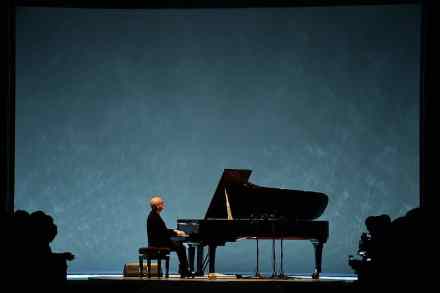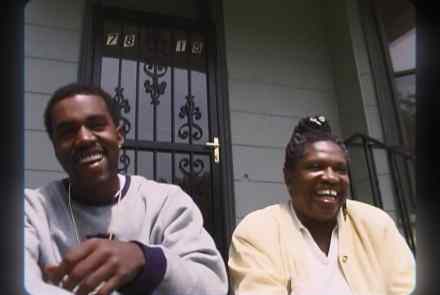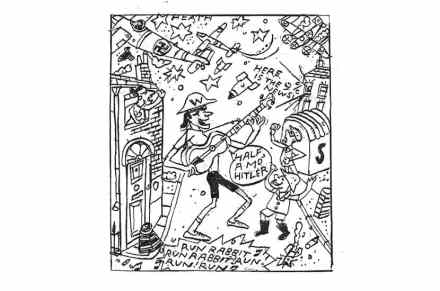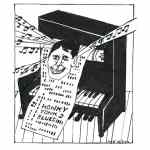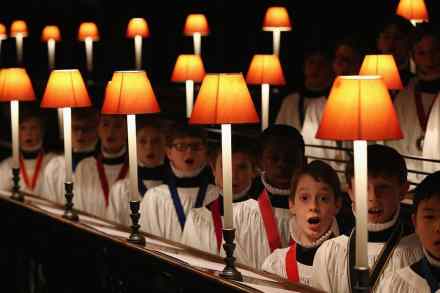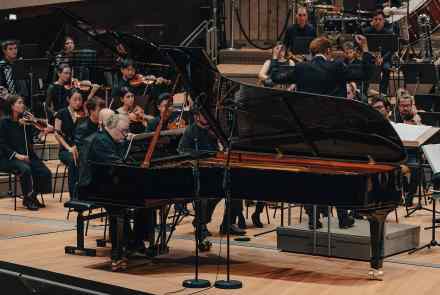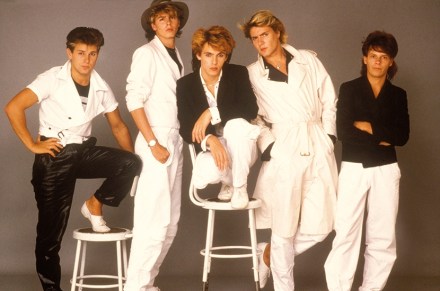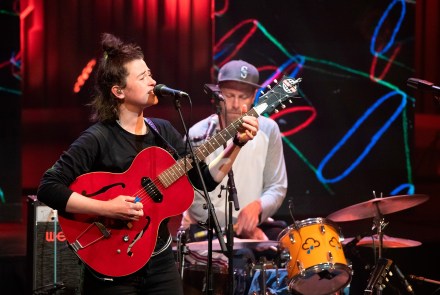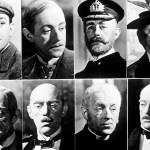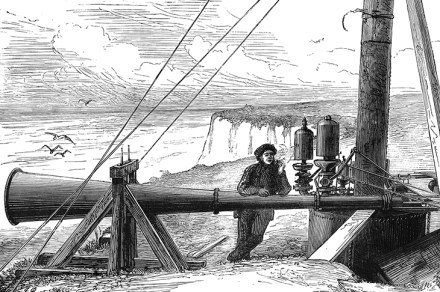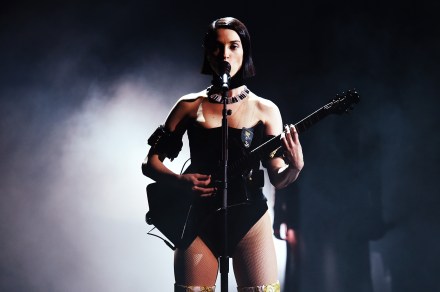What I learnt from Ludovico Einaudi
Last week I went to The Hammersmith Apollo to see Ludovico Einaudi perform his new album Underwater. I hadn’t been to a concert since before the pandemic and had forgotten the thrill of live music. Recordings can never match the sensual and social experience of live performance. When listened to collectively, music unmasks the soul – solitary emotions are suddenly shared – and it connects us to something greater than ourselves. Music is the medium I go to for comfort when life is not quite making sense Underwater is Einaudi’s first solo piano album in two decades, becoming the fastest streamed classical music album in history. High minded critics turn their noses up, calling his
